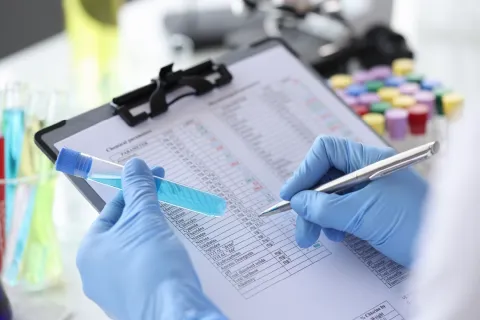
The pharmaceutical industry is a critical component of the global healthcare system, providing life-saving medications to millions of people. However, the complexity of pharmaceutical supply chains can lead to challenges in ensuring the quality, safety, and availability of medicines. To address these challenges, the industry must focus on driving compliance and transparency throughout the supply chain.
The Importance of Compliance
Compliance with regulatory standards is non-negotiable in the pharmaceutical industry. Good Distribution Practices (GDP) set the benchmark for the proper distribution of medicinal products for human use. Compliance with GDP ensures that the quality and integrity of pharmaceutical products are maintained throughout the supply chain, from the point of manufacture to the end user.
Regulatory bodies around the world, including the Food and Drug Administration (FDA) and the European Medicines Agency (EMA), have established stringent guidelines for pharmaceutical companies to follow. These guidelines cover everything from the manufacturing process to the distribution and post-market surveillance of pharmaceutical products.
The Role of Transparency
Transparency in the pharmaceutical supply chain is equally important. It involves the clear and open sharing of information among all stakeholders, including manufacturers, distributors, healthcare providers, and patients. Transparency helps to build trust, as it allows for the tracking of pharmaceuticals from production to consumption, ensuring that any issues related to quality or shortages can be quickly identified and addressed.
Strategies for Enhancing Regulatory Compliance and Transparency
- Implementation of Traceability Systems: Traceability systems, such as serialization and batch traceability, are essential for tracking pharmaceuticals throughout the supply chain. These systems help in identifying the origin of products, managing recalls more effectively and combating counterfeit medicines.
- Standardization of Data Sharing: Sharing standardized product and location master data among stakeholders can reduce duplication of effort and improve the efficiency of the supply chain. Interoperable databases and simplified procedures are key to seamless communication.
- Regulatory Harmonization: Harmonizing regulatory requirements across different regions can streamline the approval processes and reduce delays in the availability of medicines. This also includes adopting international standards for manufacturing and distribution practices.
- Stakeholder Engagement: Engaging with all stakeholders, including patients and healthcare professionals, is crucial for understanding the challenges and developing collaborative solutions. Regular communication and feedback can help in anticipating and mitigating shortages.
- Investment in Quality Management Systems: Establishing robust quality management systems (QMS) can help pharmaceutical companies comply with regulatory standards and maintain the quality of their products.
- Public Reporting and Information Sharing: Encouraging pharmaceutical companies to report supply chain details and potential shortages can increase transparency. Public repositories of real-time information can be analyzed to detect and mitigate genuine shortages.
Conclusion
The pharmaceutical supply chain is a complex network that requires a concerted effort to ensure regulatory compliance and transparency. By implementing traceability systems, standardizing data sharing, harmonizing regulations, engaging stakeholders, investing in quality management, and promoting public reporting, the industry can safeguard the supply of essential medicines. These measures not only protect patient safety but also enhance the efficiency and resilience of the pharmaceutical supply chain in the face of global health challenges.
A proven partner like Freyr can help optimize your supply chain processes and ensure seamless adherence to regulatory standards. Contact us today for excellence in pharmaceutical supply chain management.









